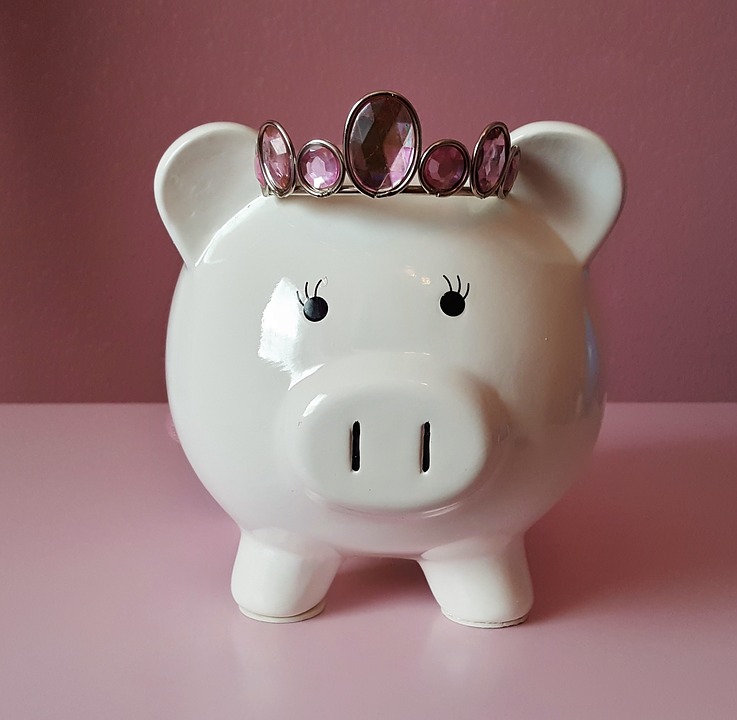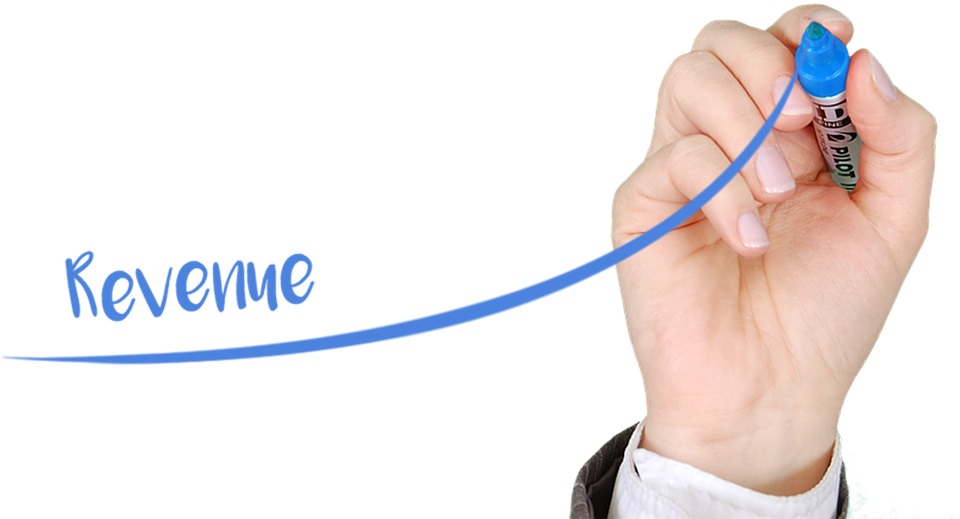Joint life insurance policy for couple...how beneficial?


No one knows how far or how long we need to travel in this journey called life, after we begin our careers, once our studies are over. It is normal for us to enter old age, after spending almost a lifetime with our jobs, marriage, kids and their education and marriages. If you feel satisfied at the end of the journey, there is nothing like it. But the satisfaction will not come, without struggle. It depends on your work and how well you planned your life. Let us learn about a simple economic plan, which is easy for everyone to follow.
Many of us dream of giving good education to our kids, have a peaceful retired life and own a house. For this, it is necessary to have sufficient income and invest it wisely. Many are faced with questions like how much to save and how much to spend from their salaries. Generally, financial experts suggest that at least 30 per cent of the salary should be saved per month and invested wisely. If you are able to do more than that, then well and good. This amount can be invested in Diversified Equity Mutual Fund schemes, by youngsters. Do not invest directly in shares unless you have the complete knowledge and awareness about it.
Generally, financial experts suggest that at least 30 per cent of the salary should be saved per month and invested wisely. If you are able to do more than that, then well and good. This amount can be invested in Diversified Equity Mutual Fund schemes, by youngsters. Do not invest directly in shares unless you have the complete knowledge and awareness about it.
Employees Provident Fund (EPF)
This a provision for employees. The employer will invest a certain part of the employee's salary as well as an equal part of the company's share, in EPF, every month. There is Income Tax (IT) exemption for a sum of Rs. 1.5 lakh of this amount, yearly, under Section 80 C. Besides EPF amount, investment should be made in Equity linked Savings Schemes, that allows for IT rebates.
Bonus
If you get a bonus, keep half of the amount in 5-year Fixed Deposit in a bank. If you already have an emergency fund, it is ok. Otherwise, divert the bonus amount towards this. Or divide the bonus amount equally in two parts. With one part, clear any loans if necessary. With the other part you can enjoy an excursion or outing. Emergency Fund
Emergency Fund
Some amount, to the tune of say three to six months of your salary should be set aside as Emergency Fund. This will be useful, in case of losing a job, for family expenses or continuing long term investments or clearing interests on loans. It is better to keep it in the form of bank FD. Or it could be invested in liquid funds.
Insurance
If you have dependents, it is better to take term life policy that will protect you uptill the age of 65 years. It is better to take a policy that will be at least a minimum of 10 times or maximum of 20 times more than your annual income. Those earning Rs. 3 lakh annually can take insurance on Rs. 30 lakh to Rs. 60 lakh. If you have no dependents, it is not necessary to take life insurance policy.
Health insurance must
Even if your company provides health insurance for you, take a separate package for your entire family. Also, insurance for vehicle is a must. Do not forget to pay the premium for the insurance before the due date and renew it.
Open a bank account, which you need not operate frequently for basic needs. Take a credit card. Set payments for electricity, telephone bills etc., in such a way that they will be paid automatically through the credit card. All payments can be made through credit card. Also avail the auto debit facility in banks to pay monthly credit card bills.
Entertainment, Health, Donation
Donate some money in charity, from your monthly income, say about five per cent, for that feeling of satisfaction. As recreation and relaxation is necessary for everyone of us, some limited amount can be spent for entertainment purpose. Also, you can spend some amount on spiritual activities or yoga and meditation, which will give relaxation.
Housing loans To own a house, while your are earning itself is a very good idea. You can enjoy IT benefits by buying the house through loans. There are IT exemptions for the Easy Monthly Installments (EMIs) and also interests payable on principal. Under Pradhana Manthri Awas Yojana, you can benefit through subsidies on interest up to Rs. 2.5 lakh for purchase of the first house.
To own a house, while your are earning itself is a very good idea. You can enjoy IT benefits by buying the house through loans. There are IT exemptions for the Easy Monthly Installments (EMIs) and also interests payable on principal. Under Pradhana Manthri Awas Yojana, you can benefit through subsidies on interest up to Rs. 2.5 lakh for purchase of the first house.
Pension
Funds should be saved for a retired life. For this, you can examine some pension funds like NPS, even as you are earning. Or you must invest in equity mutual funds at least 10 per cent of your monthly income. There is facility called Reverse Mortgage loan on your own house, in case your pension is not sufficient and you have growing needs. Banks will keep the house in its name, as security and release funds. You can later clear the mortgage amount to the bank and get back the house in your name. Or your heirs will do it. Plans for children
Plans for children
Every parent wishes to see their children as great people. That is why they give them everything they want and struggle to educate them. For this, however, some planning is required. Parents should estimate the cost of education of their children, as soon as they are born, at least up to the next 20 years. The expenditure depends on the number of children. Investment should be according to the expenditure.
Also, the marriage expenditure of children should be estimated. It is not possible to raise huge sums at that point of time. So investments for marriages also should be made in the monthly income. As investments on children is over a long term, they are best made in equity mutual funds, PPF or in bank recurring deposits.
Monthly budget sheet
Gross Salary: This is not the salary received at hand. There will be some deductions in this. Professional tax, EPF etc., is deducted from gross salary, and the remaining is given as net income. You can add any other income that you get to this.
House: The rent that is paid towards the house every month. If you own a house, than some amount should be allocated for property tax, repairs, maintenance, property insurance, etc. They can be entered column-wise.
Utilities: Electricity bill, water bill, gas, telephone, internet, cable TV or dish TV rates.
Food: Expenditure on provisions and food grains, on hotels when going out, tea and coffee outside.
Health, Medical: Health insurance premium, doctors' consultation fees for common medical needs, tests, medical expenditure, gym fee etc., can be included under this heading. Transport: Expenditure on car or two-wheeler, like insurance, fuel, repairs, toll fees etc.
Transport: Expenditure on car or two-wheeler, like insurance, fuel, repairs, toll fees etc.
Loan repayments: Credit cards, housing loans, personal loans, vehicle loans and the payments made for these.
Education: Children's school, college fees, tuition fees, text books, clothes and transport expenses.
Entertainment: Movies, outings, journeys etc.
Personal security: Expenditure on clothes, costumes and cosmetics.
Savings, Investments: Pension fund, emergency fund and investments for own house, children's education and marriages.
Miscellaneous: Expenditure on gifts for others and other small time expenditure.
Like this, allocations should be made as per the need for all categories, from monthly salary. Ensure that you control the expenditure. Keep reviewing the expenditure and keep adjusting the funds from one category to another, controlling expenditure with self-discipline. With this you can be successful in life.



















